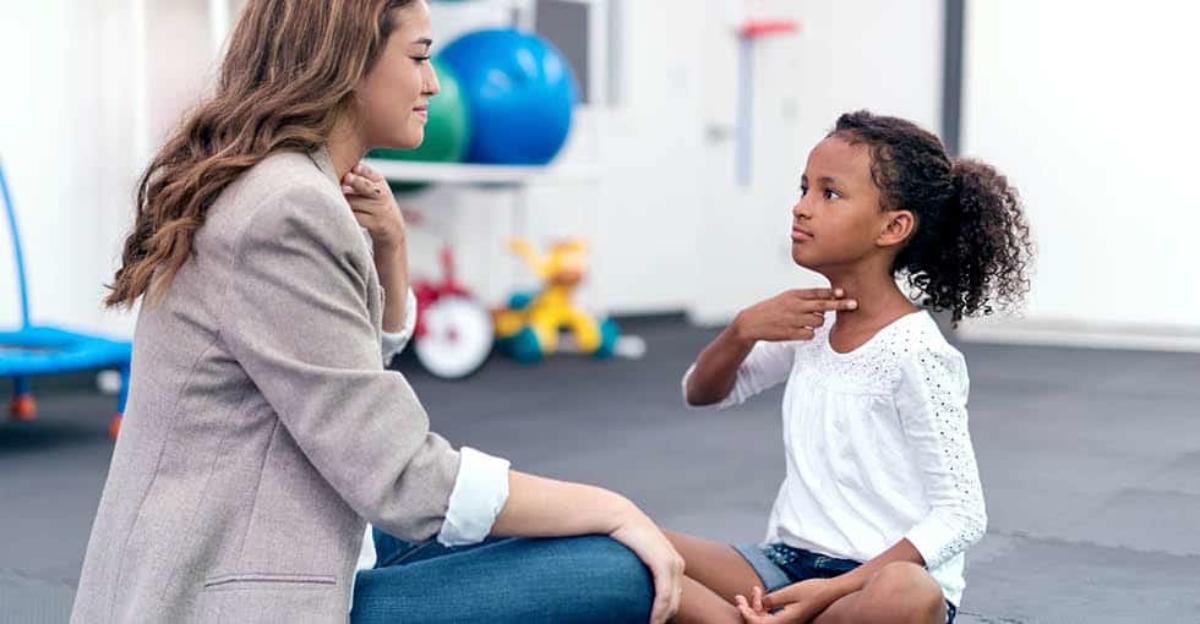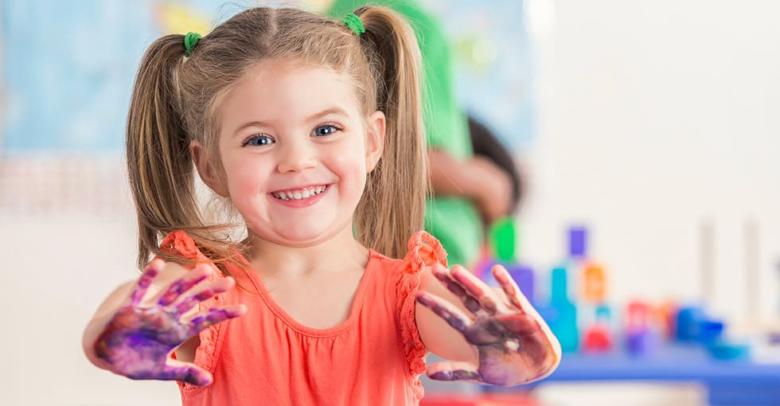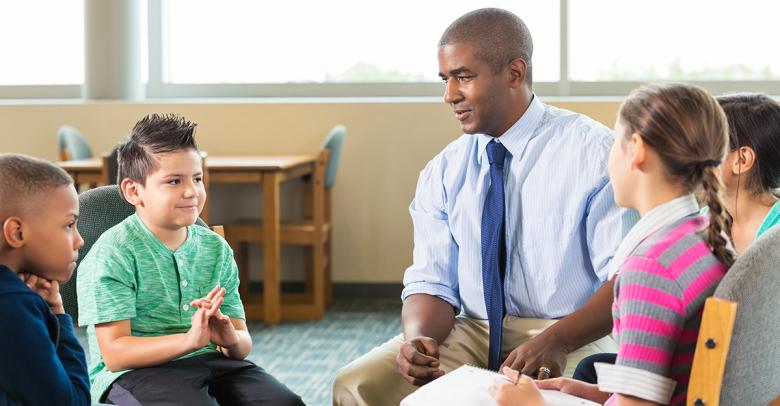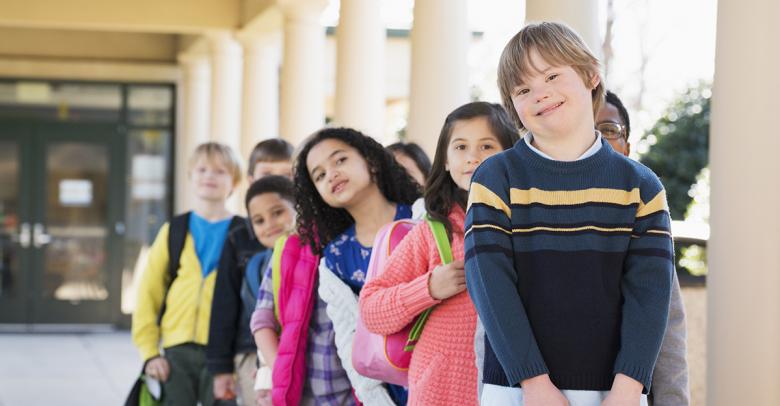As we usher in May, we join our Speech Language Pathologists in celebrating Better Hearing & Speech Month. SLP’s often help with the following issues:
Articulation
Articulation is the ability to coordinate the movement of the tongue, lips, palate, and jaw it is one of the basic motor planning components of good speech. If articulation skills are delayed or compromised, speech intelligibility (the ability for others to understand what is being spoken) goes down and frustration levels go up! Just in time for BHSM, these articulation card decks for R, L, S, and Z sounds and blends are budget-friendly and have multiple activity options. Get ’em while they last!
Receptive Language
Receptive Language refers to the ability to listen and understand language. Children usually develop better receptive skills (what they understand) than expressive skills (what they can say). Research shows that parents who regularly talk to their toddlers can significantly impact their child’s language proficiency and vocabulary.
Expressive Language
Speech involves the physical motor skills to talk. Language is a symbolic, rule-governed system that conveys a message. On a very basic level, expressive language is what is said…typically using speech, but what if the child is nonverbal? A child who is deaf, for example, can use sign language, or a student on the autism spectrum may use a Speech-Generating Device (SGD) like the Go Talk.
Social/Pragmatic Language
Social/Pragmatic Language involves the nuances of communication, such as making conversation in a group, following social rules such as taking turns, and understanding/conveying emotion. Many children with autism, for example, don’t know what a sad facial expression looks like from an angry one. Idioms, such as “it’s raining cats and dogs” or “in a pickle,” are also pragmatic language skills that present a challenge as the definition is interpreted literally. Tools like the Roylco Explore Emotions Photo Cards for learning facial expressions or the Scholastic Idiom Tales make great resources for practicing social/pragmatic skills.
Auditory Processing
Let’s not forget our kids who don’t have hearing loss (an anatomical/neurological disorder with multiple variations) yet struggle with being oversensitive to sound or have trouble tuning out background sounds (such as an HVAC unit or paper shuffling) to be able to hear the teacher in class. For the sound-sensory defensive child, the Hush Buddy noise-canceling headphones can make all the difference at a school event such as a pep rally. With a Noise Reduction Rating of 27db, these let in 24.7% less sound than similar competitive products on the market.
Join us in expressing our thanks for the Speech and Language Pathologists that help our children with special needs listen, learn and communicate more effectively!






Leave a Reply